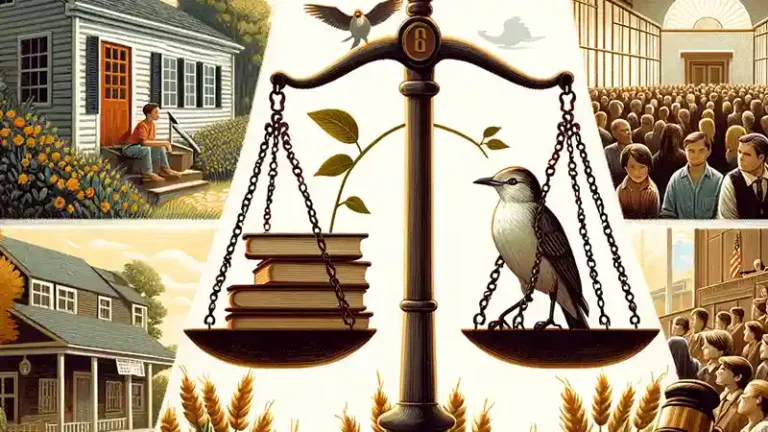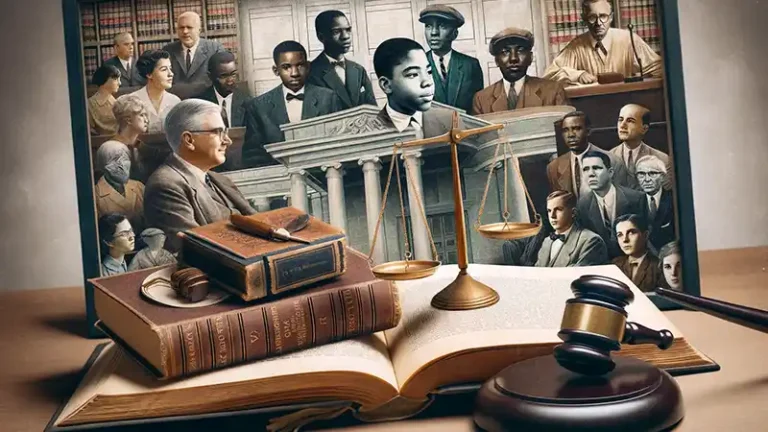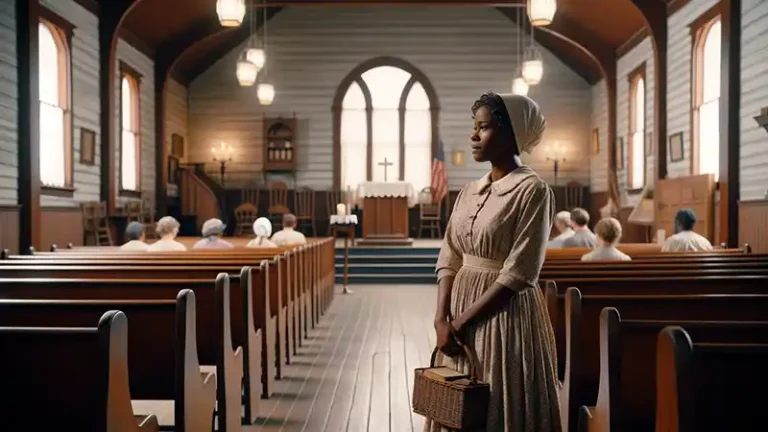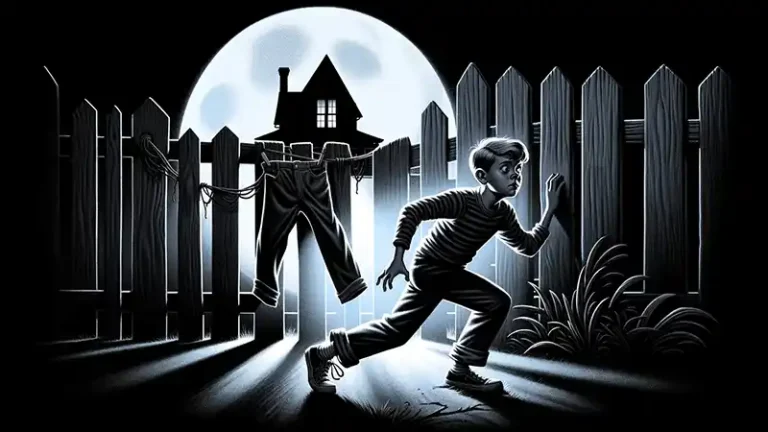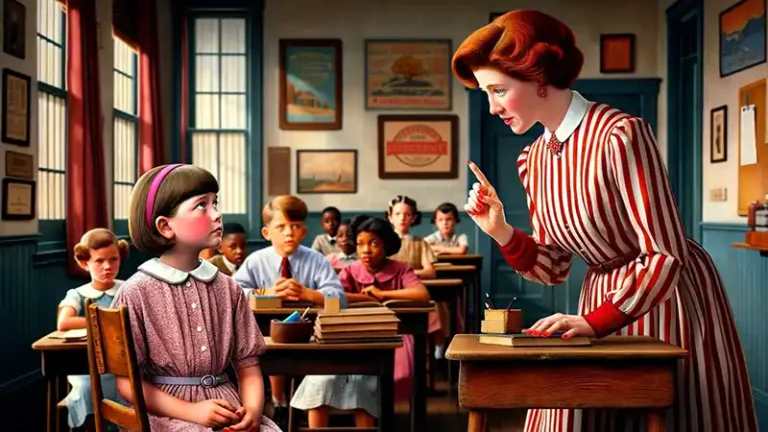To Kill a Mockingbird Chapter 9: Family Attitudes
In Chapter 9 of To Kill a Mockingbird, students will focus on the distinct perspectives of Aunt Alexandra, Scout, and Atticus Finch regarding racial equality, gender equality, and family identity. Through this exercise, students will enhance their analytical reading skills, develop a deeper understanding of character development and thematic elements, and refine their ability to organize and interpret complex information. This task will help deepen comprehension of the novel and foster critical thinking and reflection, enabling students to draw meaningful connections between the characters’ viewpoints and contemporary societal issues. By the end of this activity, students will be adept at analyzing and comparing character perspectives, using charts for organization, and engaging in thoughtful, comparative discussions.
Learning Goals
- I will be able to analyze and compare the attitudes and beliefs of Aunt Alexandra, Scout, and Atticus.
- I will be able to critically think about and interpret the underlying reasons behind the characters’ attitudes.
- I will be able to effectively use a chart to organize and visually represent the differences and similarities in their viewpoints.
Materials
TKAM Digital Book
TKAM Chapter 9 Audio (39:24)
Finch’s Family POV Worksheet
Process
- Distribute the Finch’s Family POV worksheet and explain the task to students.
- Read chapter 9.
- Have students complete the worksheet.
- Either collect or take up the worksheet as a class.
- Complete the extension questions.
Finch’s Family Points of View
In To Kill a Mockingbird Chapter 9, we get a glimpse into the beliefs and attitudes of the extended family. In the organizer below, write down a different point of view held by each family member. When the point of view isn’t explicitly stated, try to extract an answer from what you understand about the character.
Aunt Alexandra | Scout | Atticus | |
On gender roles and being “lady-like” | |||
On racial equality | |||
On what it means to be a member of the Finch family |
Extension Questions
- Discussing the Tom Robinson case with Uncle Jack, Atticus refers to “Maycomb’s usual disease.” What does he mean?
- Why doesn’t he suffer from it?
- How does Atticus explain his reasons for defending Tom Robinson?
- What factors influenced his choice to take the case seriously?
- How does he expect the case will turn out?
- Atticus explains to Scout: “This time we aren’t fighting the Yankees, we’re fighting our friends. But remember this, no matter how bitter things get,
they’re still our friends and this is still our home.”

